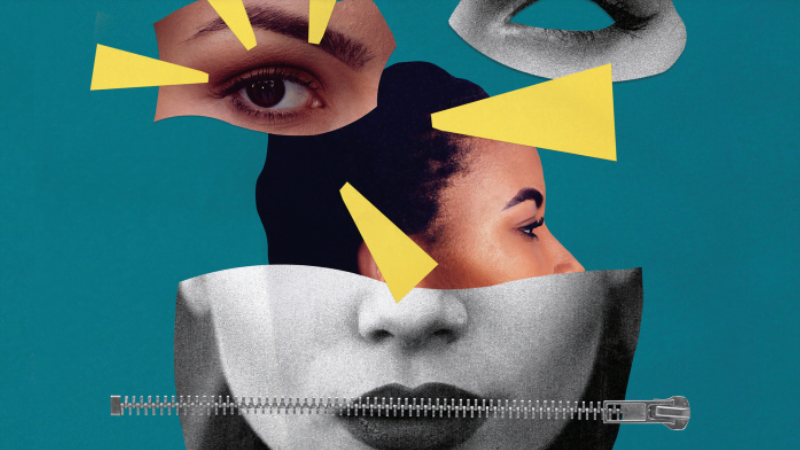Anonymous online trolls and political actors are among the main perpetrators of online attacks against women journalists around the globe, according to a UNESCO study.
The study, done in collaboration with the International Center for Journalists (ICFJ), sheds light on the way populism encourages these attacks. It also paints a dark picture of a culture of abuse based on the gender of the journalists doing their job to uncover corruption and injustice.
This abuse against female journalists is leading to self-censorship and an increase in physical and mental health, the study found.
A shocking 73% of the 714 women journalists who responded to the survey said they experienced online violence. It appears that Facebook is the social media platform of choice for the perpetrators of these attacks as the study concluded that it is the least safe among the top five online platforms.
One in five female journalists also reported violence that occurred offline. The authors of the study said this is particularly disturbing given the emerging correlation between online attacks and the murder of journalists.
In related findings, 13% said they increased their physical security in response to online violence, and 4% said they had missed work due to concerns about the attacks spreading offline. This highlights both their sense of vulnerability and their awareness of the potential offline consequences of digital attacks.
The impact on the mental health of women journalists was the most frequently identified consequence of these attacks as it was a common issue with 26% of the respondents. Half of these said they had to seek mental or psychological help.
The study, which surveys female journalists from 113 different countries, also looks at the main causes of these attacks. The report suggests that populists politics, often associated with the demonisation of journalists and journalism, is evidently a main trigger for online violence against women journalists.
Gender was the most common theme for this harassment to take place, closely followed by politics.
Coordinated disinformation campaigns have been reported as one other major form of harassment experienced by female journalists worldwide.
“The perpetrators range from misogynistic mobs seeking to silence women, through to State-linked disinformation networks aiming to undercut press freedom and chill critical journalism via orchestrated attacks,” the report states.
Some 30% of respondents said that as a result of the attacks they end up censoring themselves on social media, with 20% adding that they would withdraw from any online interaction.
“Such acts, which could be considered defensive measures employed by women to preserve their safety, demonstrate the effectiveness of online attack tactics: They are designed to chill critical reporting, silence women and muzzle truth-telling.”
The report lists a number of recommendations including having political actors desist from mounting online attacks on women journalists. It also recommends that online communication companies report these attacks on female journalists and provide details on what actions can be taken.












